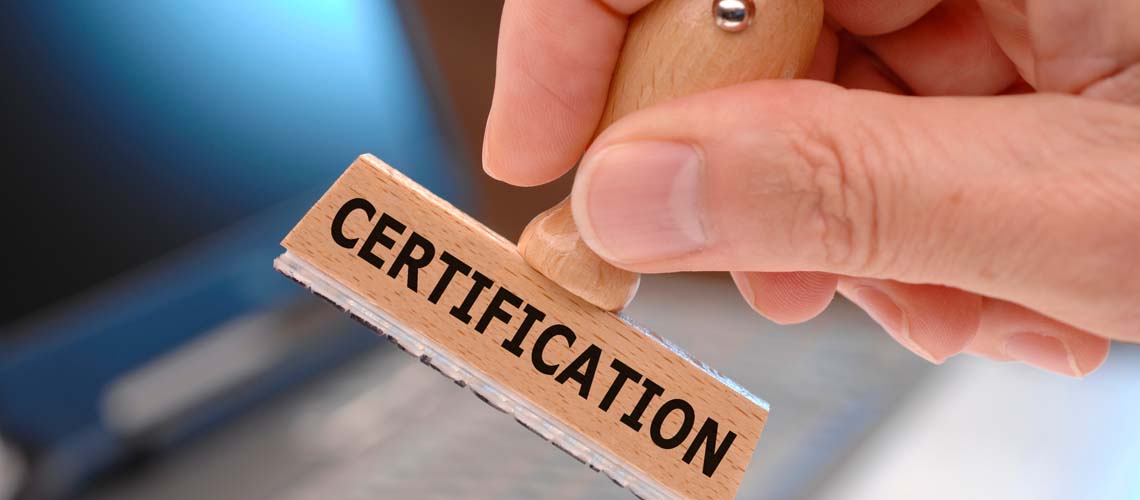EU MDR (Medical Device Regulation) Compliance Testing
The EU Medical Devices Regulation (MDR), effective since May 26, 2021, introduces stringent requirements for medical devices to ensure they are safe and perform their intended functions without risk. Achieving compliance with the EU MDR is a critical step in ensuring your product can be marketed within the European Economic Area (EEA).
The regulation encompasses various aspects of device safety and performance, including clinical evaluation, design history file documentation, post-market surveillance, and comprehensive quality management systems. To demonstrate compliance, manufacturers must undergo rigorous testing that aligns with ISO standards such as ISO 14971:2019 on risk management for medical devices.
The process typically involves a series of tests to evaluate the device's safety, performance, and compatibility with existing regulations. This includes biological evaluation, electrical safety checks, software validation if applicable, and ensuring that all components are free from harmful substances like heavy metals or carcinogens. Compliance testing is not only a legal requirement but also an essential step in maintaining consumer trust.
Accurate compliance testing ensures that your device meets the highest standards of safety and performance as defined by the MDR. Failure to comply can result in product recalls, fines, and even legal action, which underscores the importance of thorough testing.
Our laboratory specializes in providing comprehensive EU MDR compliance testing services tailored to meet these stringent requirements. We employ state-of-the-art equipment and follow international standards such as ISO 14971:2019 to ensure accurate and reliable test results. Our experienced team of engineers and scientists ensures that every aspect of your device is thoroughly evaluated, reducing the risk of non-compliance.
Compliance testing with EU MDR involves several key stages, each critical for ensuring the safety and efficacy of medical devices:
1. Clinical Evaluation: This involves assessing the risks associated with your device based on clinical data and comparing it against similar devices already approved for use.
2. Design History File (DHF): A thorough review of the design process, including all documentation related to the development, testing, and manufacturing of your device.
3. Post-Market Surveillance: Monitoring devices after they have been placed on the market to ensure ongoing safety and effectiveness.
4. Quality Management System (QMS): Ensuring that all processes involved in manufacturing your device are controlled and documented, reducing the risk of errors or contamination.
Benefits
Compliance with EU MDR offers numerous benefits for manufacturers looking to enter the European market. Firstly, it enhances consumer trust by ensuring that your devices meet the highest safety and performance standards. Secondly, it opens up new markets within the EEA, where compliance is mandatory.
By undergoing rigorous testing, you also demonstrate a commitment to quality and safety, which can positively impact brand reputation. Additionally, successful compliance with EU MDR can lead to faster market entry times as your devices are already meeting regulatory requirements. Compliance testing also helps identify potential risks early in the development process, allowing for necessary adjustments before commercial launch.
Furthermore, adhering to these regulations ensures that all aspects of your device—from design and manufacture to post-market surveillance—are continuously monitored and updated. This proactive approach not only safeguards public health but also provides a competitive edge in an increasingly regulated global market.
Eurolab Advantages
At Eurolab, we pride ourselves on offering unparalleled expertise and comprehensive services for EU MDR compliance testing. Our team of highly qualified professionals has extensive experience in medical device regulation, ensuring that every test is conducted to the highest standards.
We utilize cutting-edge equipment and follow international guidelines to provide accurate and reliable results. Our ISO 14971:2019-compliant laboratory ensures that all testing aligns with EU MDR requirements, reducing the risk of non-compliance and potential delays in market entry.
Our services are tailored to meet your specific needs, whether you require assistance with design history file documentation or comprehensive clinical evaluation. We offer flexible timelines and transparent communication, ensuring a smooth compliance journey for our clients.
International Acceptance and Recognition
The EU MDR is designed to harmonize regulations across the EEA, ensuring that products meet consistent standards of safety and performance. This consistency makes it easier for manufacturers to navigate different markets within the region.
Compliance with EU MDR also enhances international recognition, as many countries around the world look to EU standards as a benchmark for device quality. Achieving compliance can open doors to other regions that recognize or align their regulations closely with those of the EEA.
In addition to its domestic importance within the EEA, EU MDR compliance is increasingly recognized globally. Many international regulatory bodies and healthcare organizations consider EU MDR compliance as a sign of quality assurance. This recognition can facilitate smoother interactions with global partners and stakeholders, enhancing your reputation on an international scale.





